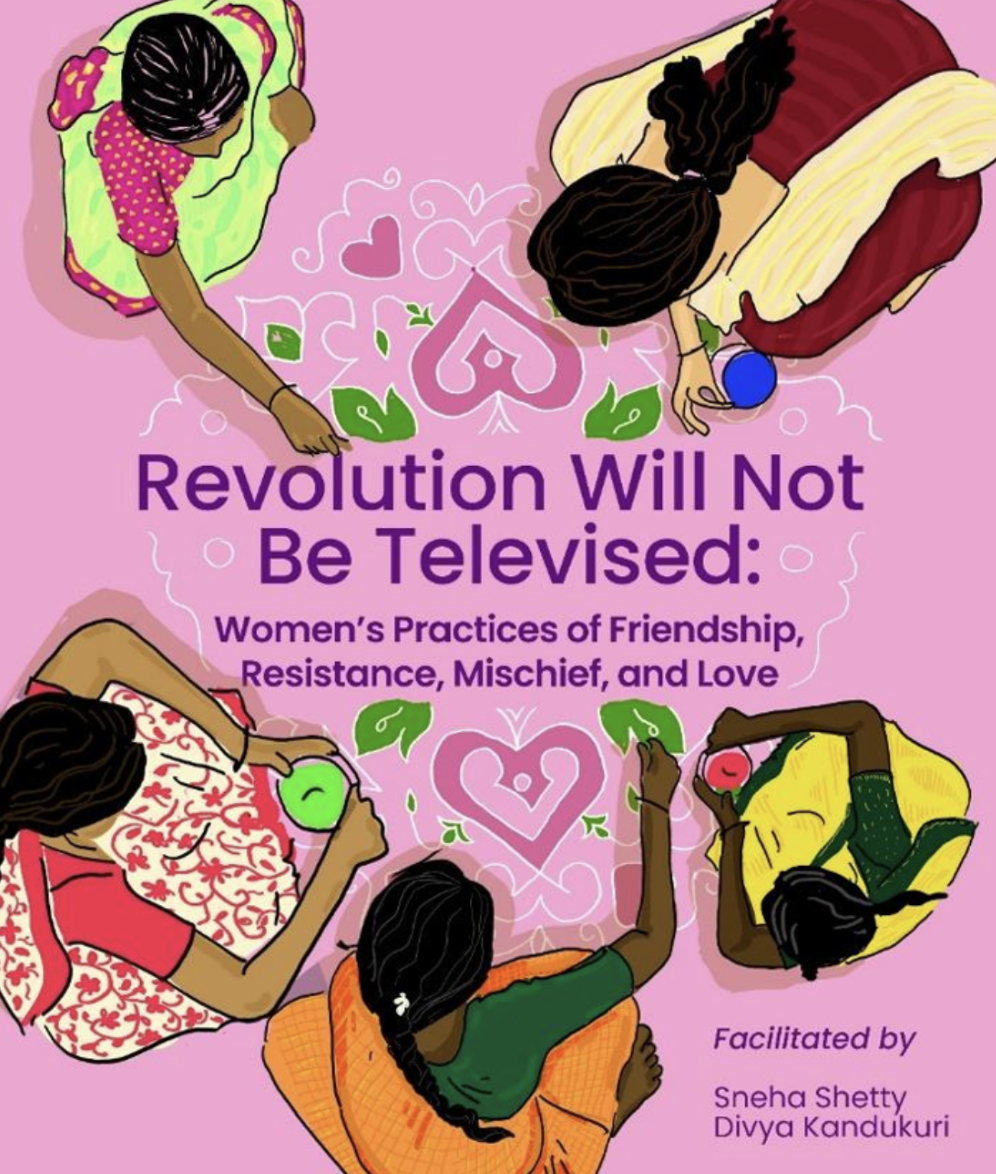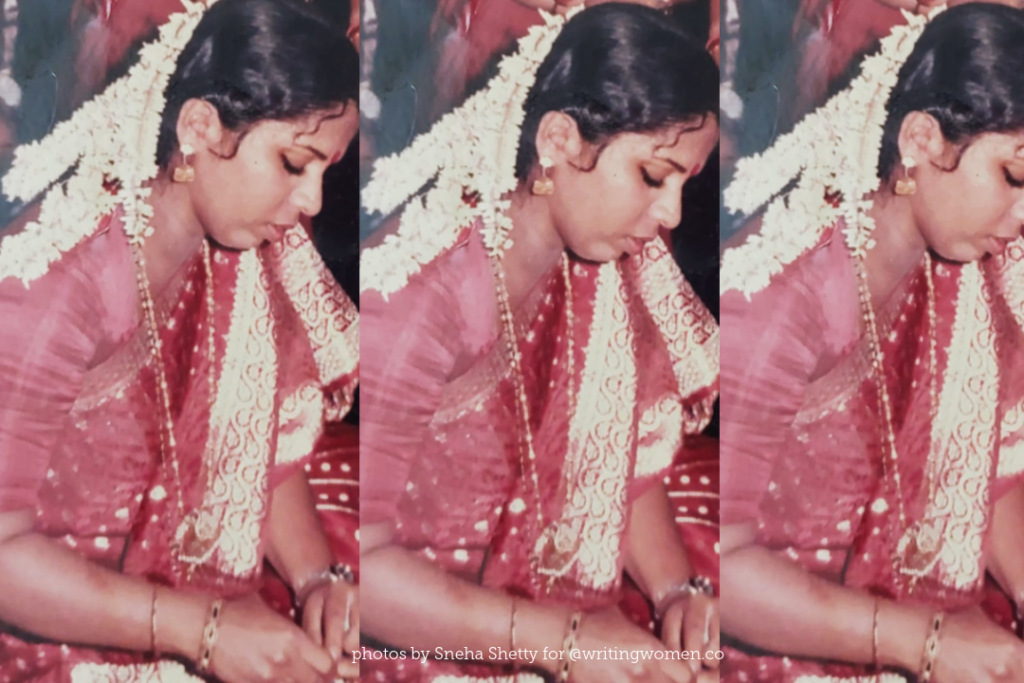Pramila Shetty, a.k.a. Pamu, my mother, started cooking at an early age as a daily chore assigned by my Amma, her mother. She began cooking to feed her siblings not because she chose to, but because she had to. As the daughter of one of the five siblings,it became her responsibility. With her mother often unwell and the other siblings beginning to take on jobs outside the home, she stepped in to help my Amma (grandmother).
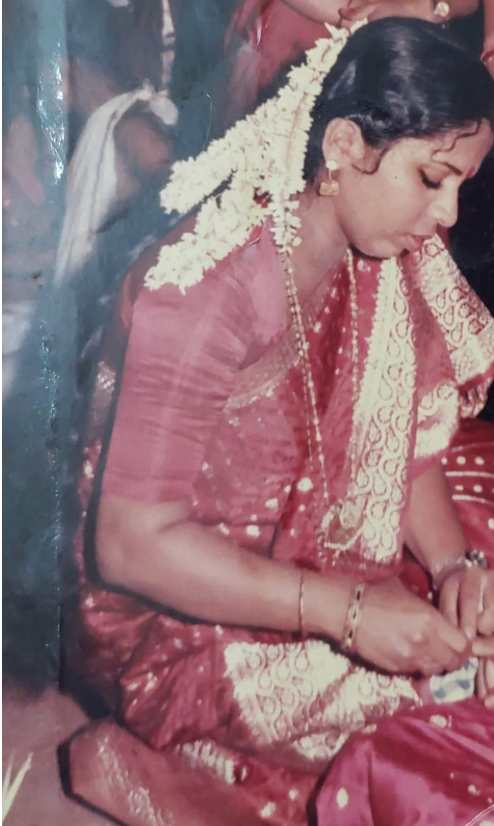
Years later, after marriage, cooking followed her not as passion, but as expectation. For women like her, care work wasn’t chosen; it was inherited. She cooked daily, first to feed her children, then to support them. What began as a household chore slowly became a means of survival when she started selling idli and dosa batter. It was hard, relentless, and exhausting like much of the labour carried by working-class women. Yet in that daily grind, she found a calm, a rhythm, a quiet form of resistance.
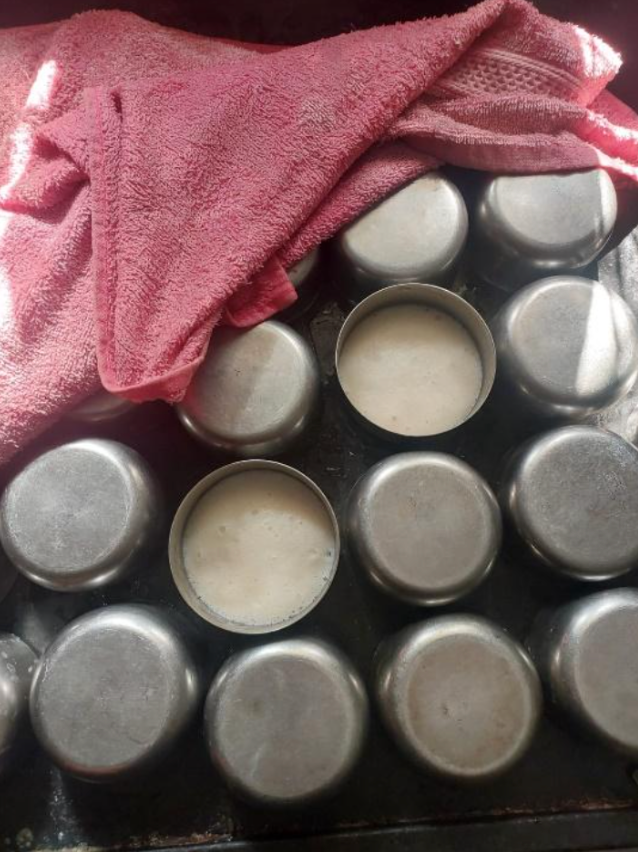
Cooking became her anchor. People loved her food. They told her it was delicious. They praised her for her dedication, her flavors, her effort. And something shifted; she wasn’t just doing it to survive anymore. She once said:
“It makes me feel ಸಂತೋಷ್ (santosh: satisfied) and ಪ್ರೇಮ್ ಭಾವನಾ ಮಸ್ತ್ ಆಪುನ್ (prem bhavna zyada hota hai: there’s more love) towards me when people enjoy my food. It makes me happy, and my friendship with people becomes stronger.”
She carried the inherited duty and quietly translated it, as obligation into care, as friendship. My mother didn’t just pass down recipes; she passed down the meaning of food in her life, rewoven into something entirely new for mine. Through her, I learnt that cooking isn’t only about feeding, it’s about nurturing, connecting, and practicing love in its everyday form.
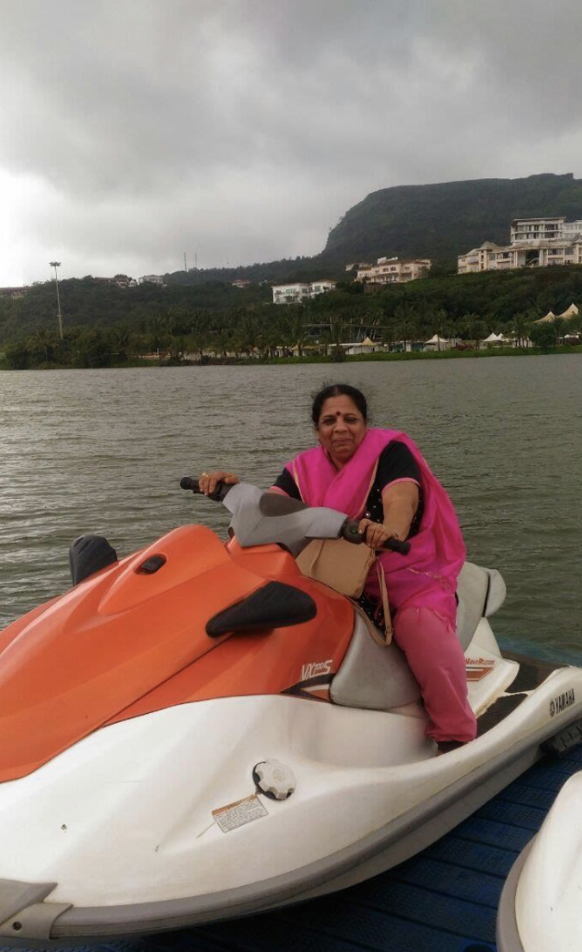
Through food, newer friendships began. A shared lunch, a recipe passed-on, an invitation to try a new dish. Slowly, the women in our neighborhood once just kind faces became her circle. They began gathering more often. They cooked together, laughed together, and planned dinners and Dabba parties. In this space of shared meals and stories, something beautiful formed.
The Naughty Naris group. Yes! That’s what they called themselves.
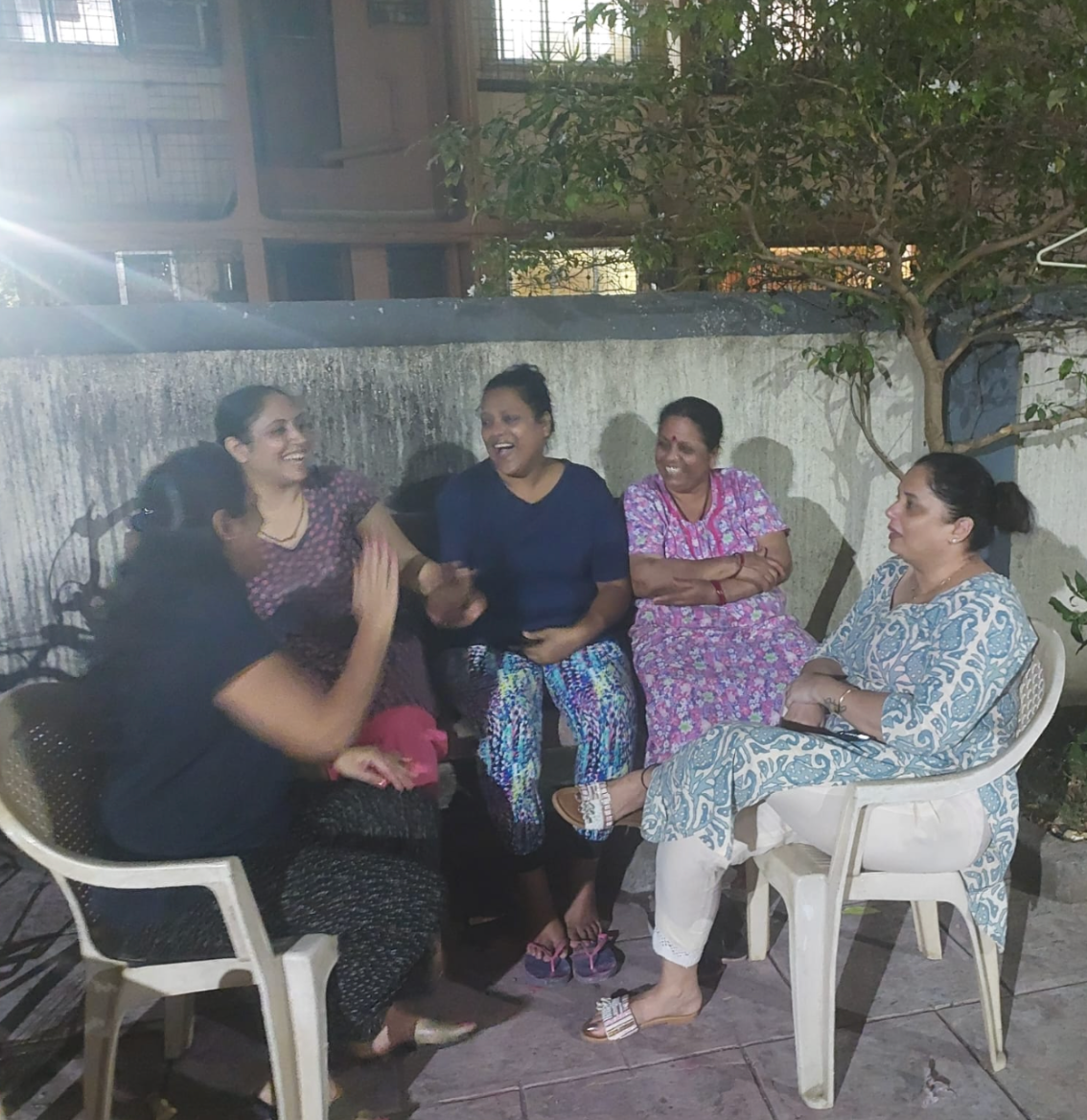
It was a friendship my dear brother Raviraj and I witnessed growing up. A shared curiosity, shaped by our conversations and deepened through a Narrative Practices lens, especially the idea that communities and people are the experts of their own lives and how they carry know-how and wisdom, often stored in the quiet stories of their lived experience.
Holding onto this idea led us to begin documenting these everyday practices of friendships of the Naughty Naris group. The friendships that were carrying stories of mischief, care, and quiet resistance.
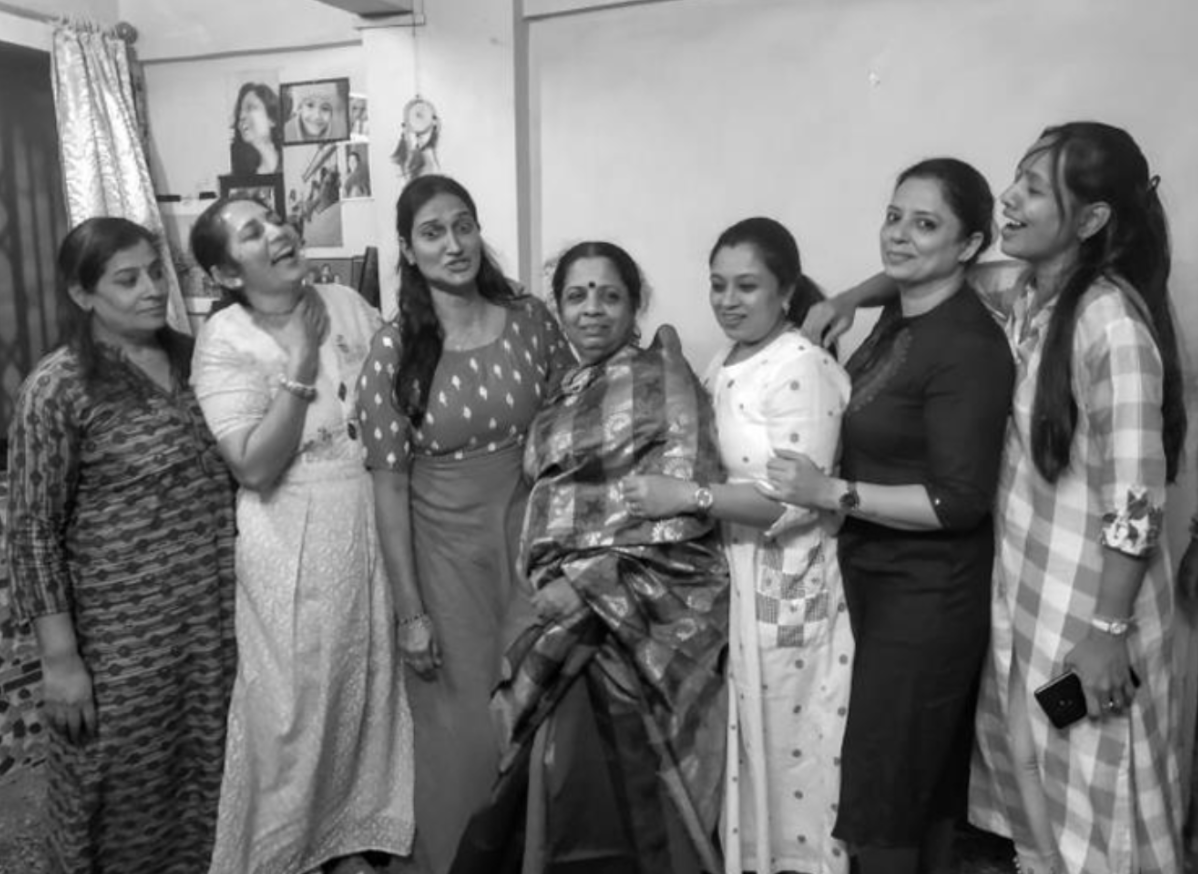
The Naughty Naris – they call it their lifeline. A group of women who gather on society benches late into the night, after long and tiring workdays, just to feel okay again. “Talking to each other makes our minds feel fresh,” they say. This is their space of care, release, and quiet resistance. When the world asked them to hold everything together, they held each other.
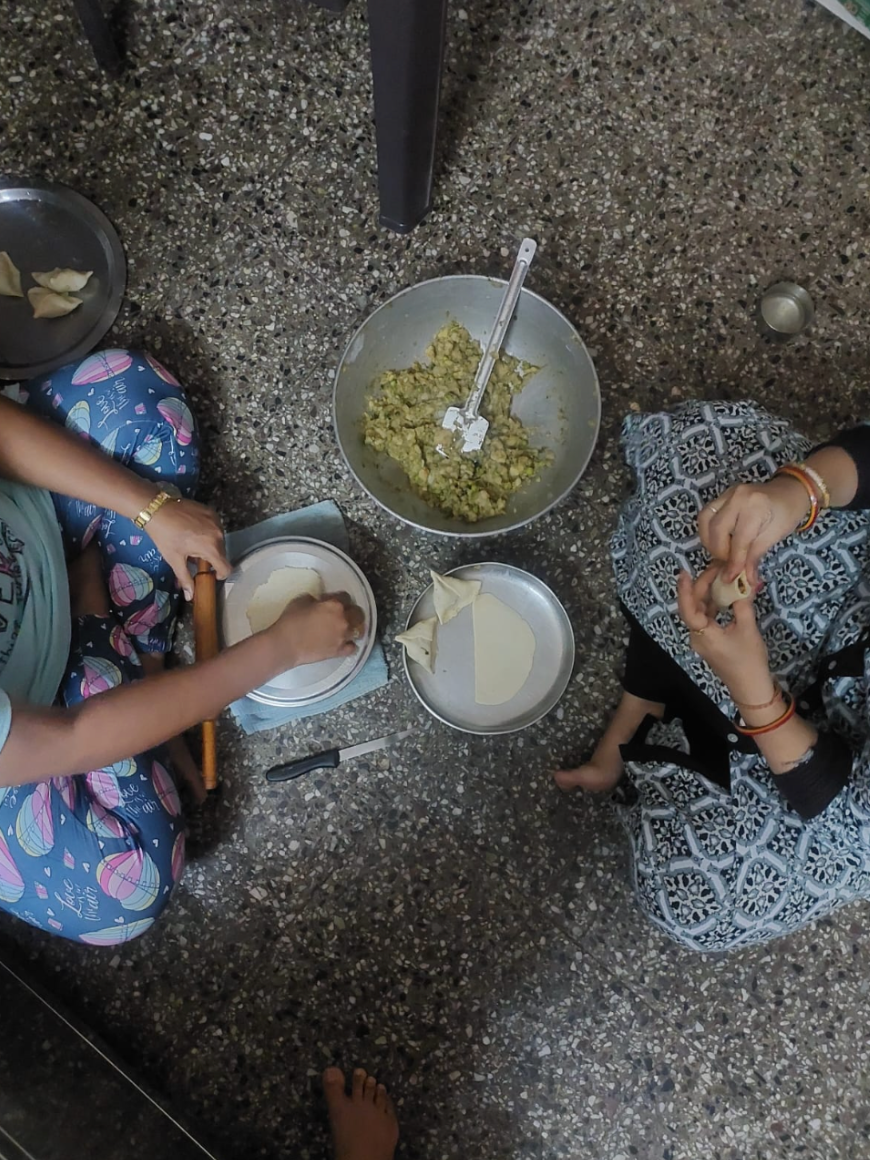
I watched all of this growing up and from a quiet corner, I learned what food and friendships could do. How an act of cooking could also stitch together friendships. How love and mischief, when shared between women, becomes something revolutionary.

With all the hope in our hearts, and with my dear friend Divya Kandukuri, we began a journey to honour the spirit of our mothers and of all the women and their friendships that we’ve both witnessed deeply throughout our lives. For me, it was also a way to share what I’ve carried since I was a young girl: my mother’s teachings and her quiet resistance. Together, we created a space—a way to connect, to care, to translate, and to carry forward our mothers’ legacy. A space to celebrate women’s friendships as acts of love, mischief, resistance, and healing.
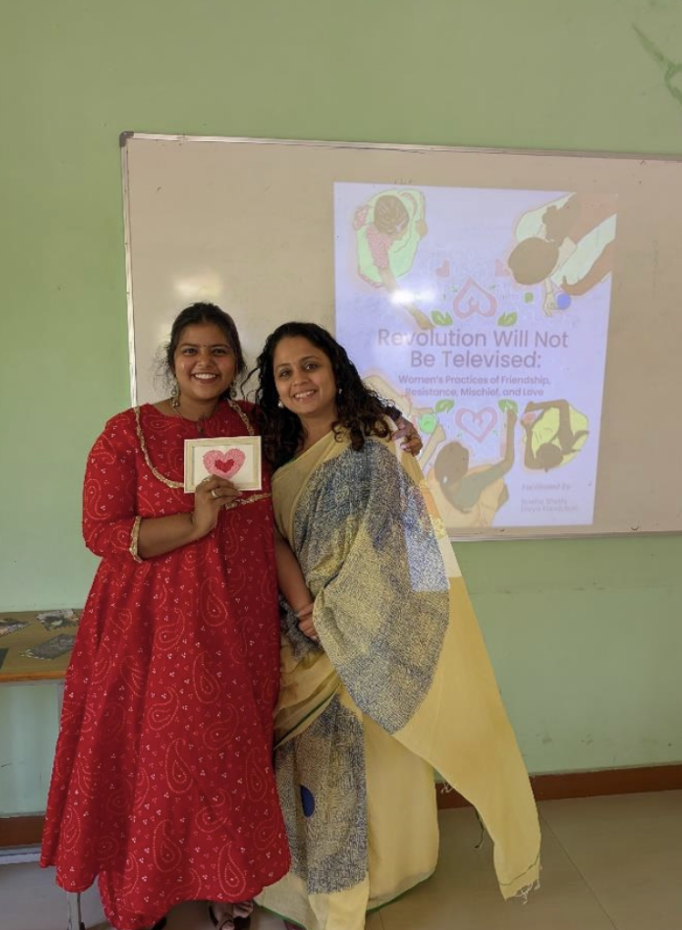
We called it: “The Revolution Will Not Be Televised – Women’s Practices of Friendship, Mischief, Love, and Resistance.” Because: Friendship among women is never small. It’s resistance. It’s romance. It’s an everyday revolution. And it deserves to be celebrated every single day.
